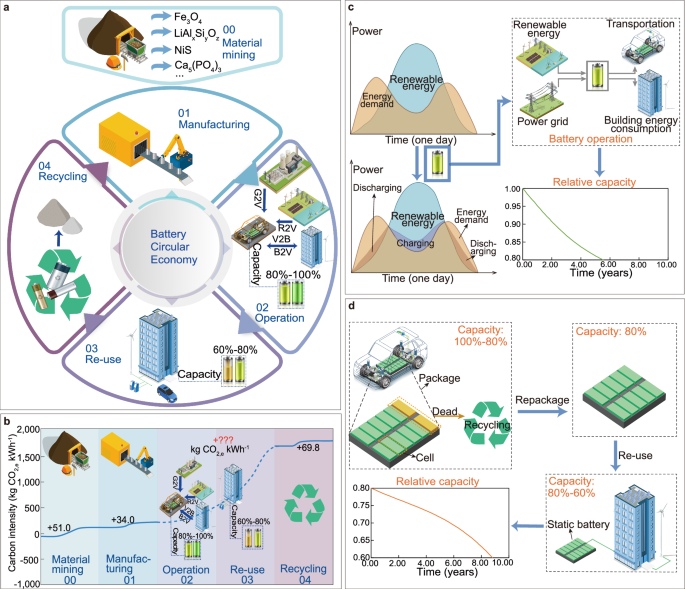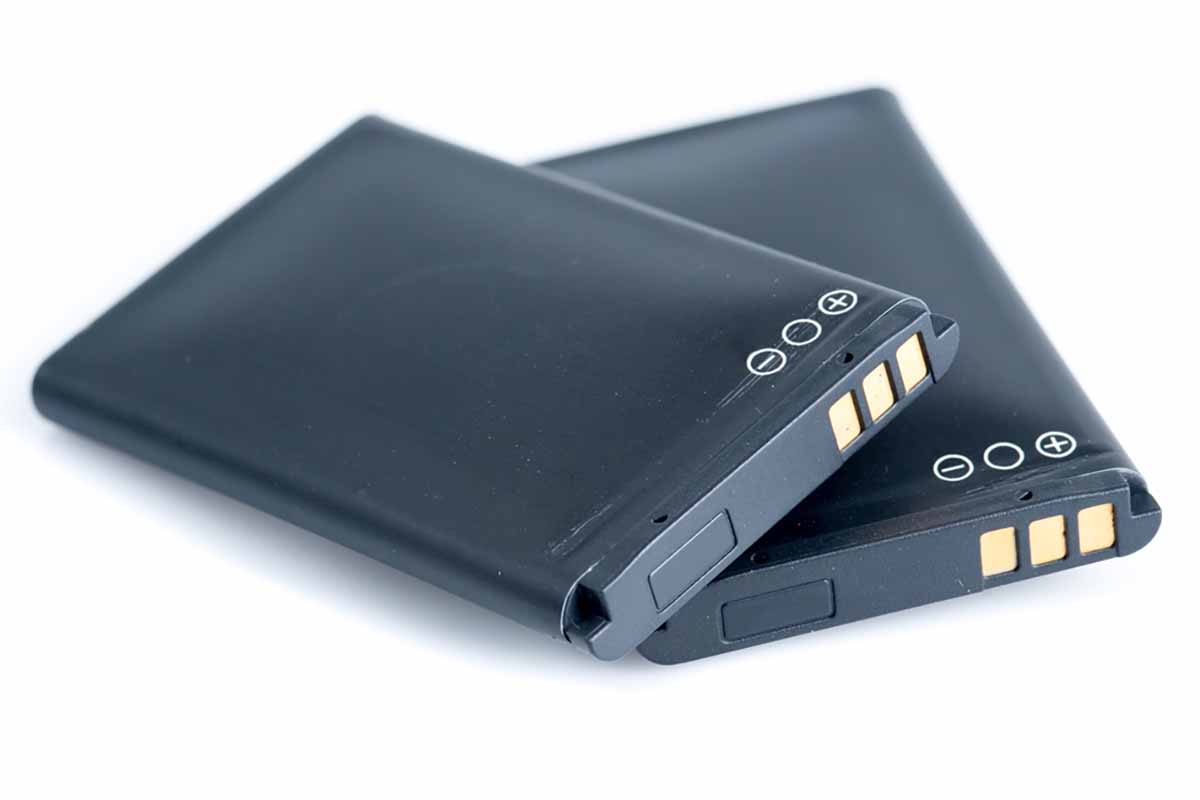


Recycling, particularly of lithium-ion batteries, is becoming increasingly crucial for U.S. energy independence and national security. Companies like Li-Cycle are at the forefront of battery recycling efforts, which not only reduce dependence on foreign materials but also bolster national security. Enhanced recycling practices can significantly minimize the environmental impacts associated with mining, which is often linked to harmful ecological consequences [8a97a27e].
The U.S. battery recycling program, Call2Recycle, collected over 8 million pounds of batteries for recycling in 2023, including 5.4 million pounds of rechargeable batteries and 2.6 million pounds of primary batteries. This represents a 1.5% increase in overall battery collections compared to 2022, although rechargeable battery collections saw a slight decrease of 2.8%. Notably, Call2Recycle also recycled over 60,000 pounds of e-bike batteries through its voluntary program, which is supported by PeopleForBikes [20f4dd32].
The global battery recycling market is projected to grow significantly, with estimates suggesting it could reach $23.6 billion by 2030, driven by the need for sustainable practices and the circular economy. The lithium-ion battery recycling market is becoming increasingly competitive, especially for lithium-nickel manganese cobalt (Li-NMC) battery chemistry, which is expected to reach $14.9 billion by the end of the analysis period. The U.S. market alone is estimated at $1.2 billion in 2023, with China expected to grow at a CAGR of 22.5% [a839c08c].
In addition to economic benefits, the recycling sector could support over 1.1 million jobs in the U.S. by 2030. Investments in recycling infrastructure not only create new industries and jobs but also contribute to sustainability and innovation within the economy [8a97a27e].
The U.S. Environmental Protection Agency (EPA) is actively working to enhance battery recycling efforts by launching work sessions to explore best practices for battery labeling and collection. These sessions aim to develop voluntary guidelines and tools to improve recycling efforts, inviting input from battery manufacturers, nonprofits, and local governments [b7a1b256].
Furthermore, a recent study published in Nature.com discusses the potential for a lifecycle zero-carbon battery, emphasizing the importance of a circular economy in achieving carbon neutrality. The research highlights the need for a shift towards renewable energy sources and the integration of battery cascade utilization to minimize carbon footprints [410ca433].
As the recycling industry evolves, it plays a pivotal role in supporting U.S. energy independence, enhancing national security, and fostering a sustainable future for the economy and the environment.